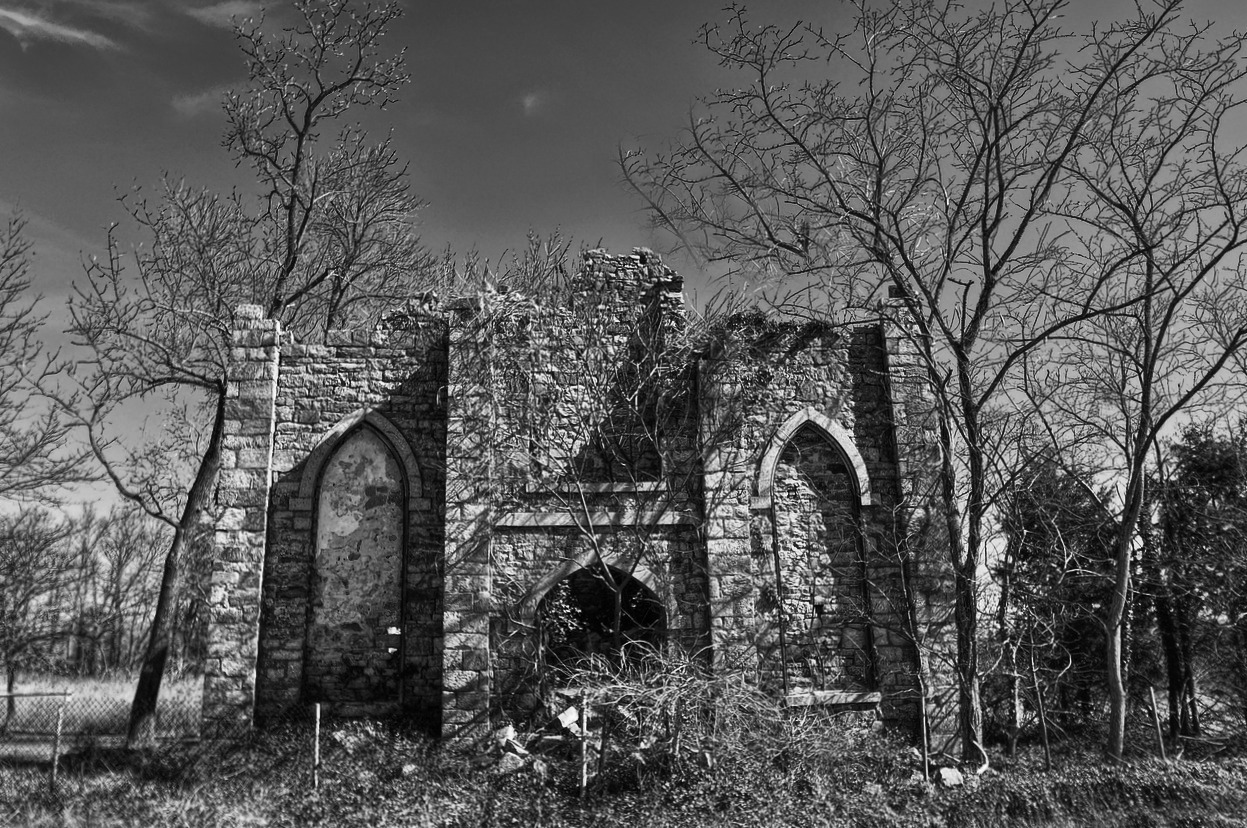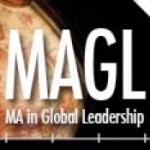In the Fall of 2004, I finished undergrad and enrolled in a nearby seminary. I had my sights set on the granddaddy of ministry degrees: the Masters of Divinity. My goals for were to learn:
- How to be a leader
- How to reach the people I knew who were far from Christ
- How to help churches engage in the Mission of God.
Unfortunately, I quickly learned that this was not always the purpose of the traditional seminary, nor of the M.Div.

via Forsaken Fotos
My passion is to see the church incarnated within the secular urban population of the U.S. I was looking for the training I would need to reach these people. This seminary was embedded in denominational politics and the lifestyle of the rural Bible belt. The M.Div. is focused on teaching exegesis, languages, and how to manage traditional church structures. These are important tasks, but they weren’t what I was looking for.
Hungry for hands-on ministry experience, I moved to Austin and transferred to my second graduate school. My hope was to serve in a young church, work a secular job, and occasionally drive to class a few hours away. This never really worked out the way I planned, and it soon became clear that I would have to move on campus if I wanted to complete my degree.
It looked like I was going to have to choose between the M.Div. and my desire for hands-on missional experience, until I encountered Fuller Seminary’s Master’s of Arts in Global Leadership.
The MAGL “comes alongside in-service Christian leaders from around the globe with transformational graduate level education.” In other words, it’s an opportunity to learn, not just from books and teachers, but from leaders and missionaries scattered across the world, without leaving my context.
The core curriculum took place over two years, in on-line courses and two on campus intensives. Courses covered topics like spiritual leadership, missional theology, organizational dynamics and adult learning. Simply put, it is an opportunity to study how to help people and organizations change.
Seminaries and specifically the M.Div. serve an important responsibility in forming leaders capable of taking the helm of established Christian institutions. But the world is changing. Reality is slowly sinking in: the West is becoming mission field.
To be honest, I’m jealous of how much my M.Div. friends know about languages and philosophy. But I don’t know how it would help me with the task ahead.
The church’s leaders of the future will need the ability to navigate culture, and build new forms of church that present the gospel to their context. What better way to learn this than while embedded in a missionary context and reflecting with other leaders?
Using adult learning models and on-line tools is one way to accomplish this, as we did in the MAGL. Becoming a missional movement, one capable of embodying the gospel in new and changing forms, will require this and other experimental forms of training. I am excited to see what will develop.
How would you like to see leadership training change in the church? What should a 21st century seminary look like?
________________________________________________________________________________________________________
Update 3.26
I got some good pushback on this from my friend Bryan on Facebook. The said “I don’t think there is a sharp line though between MDIV = institutional, traditional & MAGL (or similar programs) = missional. We need people with solid language and philosophy training through an MDIV in the missional stream…” Here’s my response:
Hey Bryan, you are totally right (and I hope that my original post wasn’t offensive to those who have taken the other route). It’s simply a record of my own personal journey of trying to get the hands on experience as well as the education that seemed important. To me, context is the biggest part. A lot of schools can become so insular that the students leave not knowing how to communicate with the outside world.
I believe that in our increasingly post-Christendom context, we need theologically educated people who also know how to live with, work with and be friends with those outside the church. The real challenge in the years to come will be to create leadership systems that produce well-rounded, culturally-savvy, scholar-practitioners, no matter what letters you put after their name.










 Tweets
Tweets